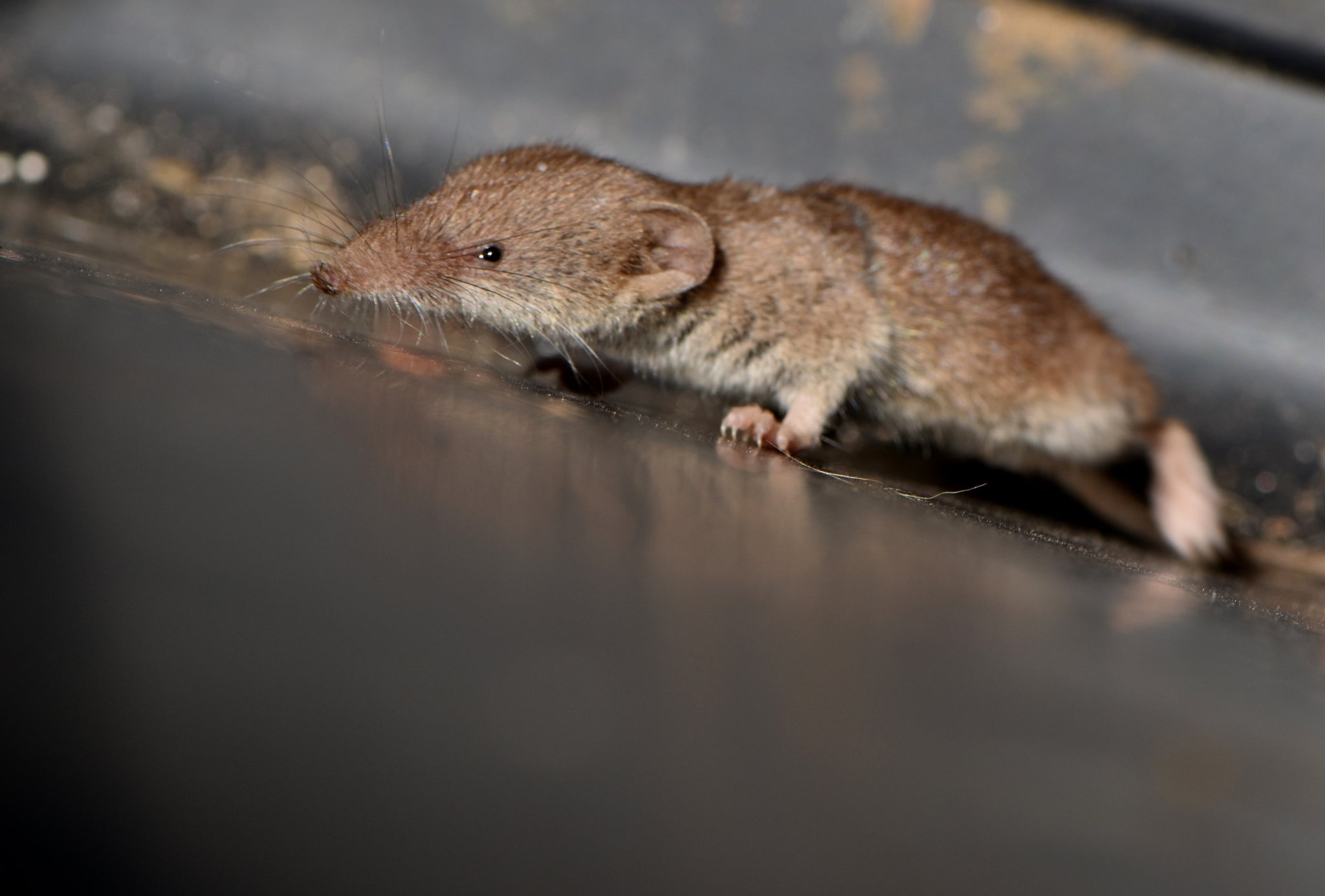Social mammals evolved faster than solitary ones, new study of ancient skulls says
Research has shown that mammals who require a lot of parental care, such as apes and gorillas evolve slower than those who do not, Mustafa Qadri reports

Researchers say they have discovered a ‘new model’ for mammalian evolution by analysing the skulls of hundreds of animals.
A new study looks at the remains of more than 300 species, including extinct creatures and living placental mammals to look at their common ancestors.
Among the many findings, the research suggests that social mammals that live in groups evolved faster than solitary ones, and that herbivores evolved faster than carnivores.
Subscribe to Independent Premium to bookmark this article
Want to bookmark your favourite articles and stories to read or reference later? Start your Independent Premium subscription today.
Join our commenting forum
Join thought-provoking conversations, follow other Independent readers and see their replies